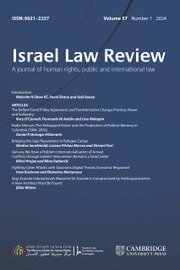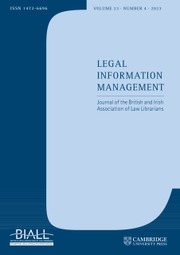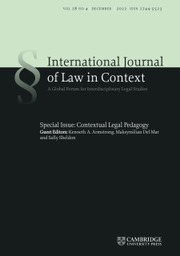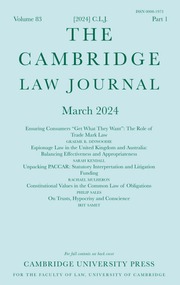War Crimes and Just War
War crimes are international crimes committed during armed conflict. Larry May argues that the best way to understand war crimes is as crimes against humanness rather than as violations of justice. Throughout, May demonstrates that the principle of humanness in the cornerstone of international humanitarian law, and is itself the basis of the traditional principles of discrimination, necessity, and proportionality.
- Comprehensive treatment of morality of war crimes prosecutions
- Links seventeenth-century just war theory to current international court cases
- Reconceptualises principles of military necessity and proportionality
Reviews & endorsements
"...An excellent book—a pleasure to read, and one of the very few to consider searchingly the deepest moral and political roots of just war theory and the international laws of armed conflict. It offers a unique, refreshing, and important contribution to just war theory in its attempt to blend law with morality, and to revive a virtue ethics reading of the relevant principles. Whether one agrees with May’s approach or not, this is essential reading for anyone interested in the concepts of just war."
-Brian Orend, Ethics and International Affairs
"Readers with philosophical or legal interest in [Just War] issues will not want to miss May's book, in which he offers much that is novel and more that is insightful."
-Peter Tramel, West Point, Notre Dame Philosophical Reviews
"The book is well-written, thoughtful, and has been highly praised in academic circles...The authors approach to war crimes is to be commended."
Fred L. Borch, Military History
"Larry May has produced a very serious tome that is logically organized, cogently written, deeply researched, and profoundly expressed...The work is especially important in this new world in which interstate war, or at least the threat of it, unfortunately seems to be making a comeback...should be required reading in both the classroom and the halls of power. Summing up: Essential."
-M.D. Crosston, Clemson University, Choice
Product details
February 2007Hardback
9780521871143
358 pages
235 × 158 × 25 mm
0.592kg
Available
Table of Contents
- Introduction:
- 1. Justifying war but restricting tactics
- Part A. Philosophical Groundings:
- 2. Collective responsibility and honor during war
- 3. Jus gentium and minimal natural law
- 4. Humane treatment as the cornerstone of the rules of war
- Part B. Problems in Identifying War Crimes:
- 5. Killing naked soldiers: combatants and noncombatants
- 6. Shooting poisoned arrows: banned and accepted weapons
- 7. Torturing prisoners of war: protected and normal soldiers
- Part C. Normative Principles:
- 8. The principle of discrimination or distinction
- 9. The principle of necessity
- 10. The principle of proportionality
- Part D. Prosecuting War Crimes:
- 11. Prosecuting soldiers for war crimes
- 12. Prosecuting military leaders for war crimes
- 13. Commanded and commanding defenses
- Epilogue and Conclusions:
- 14. Should terrorists be treated humanely?




















